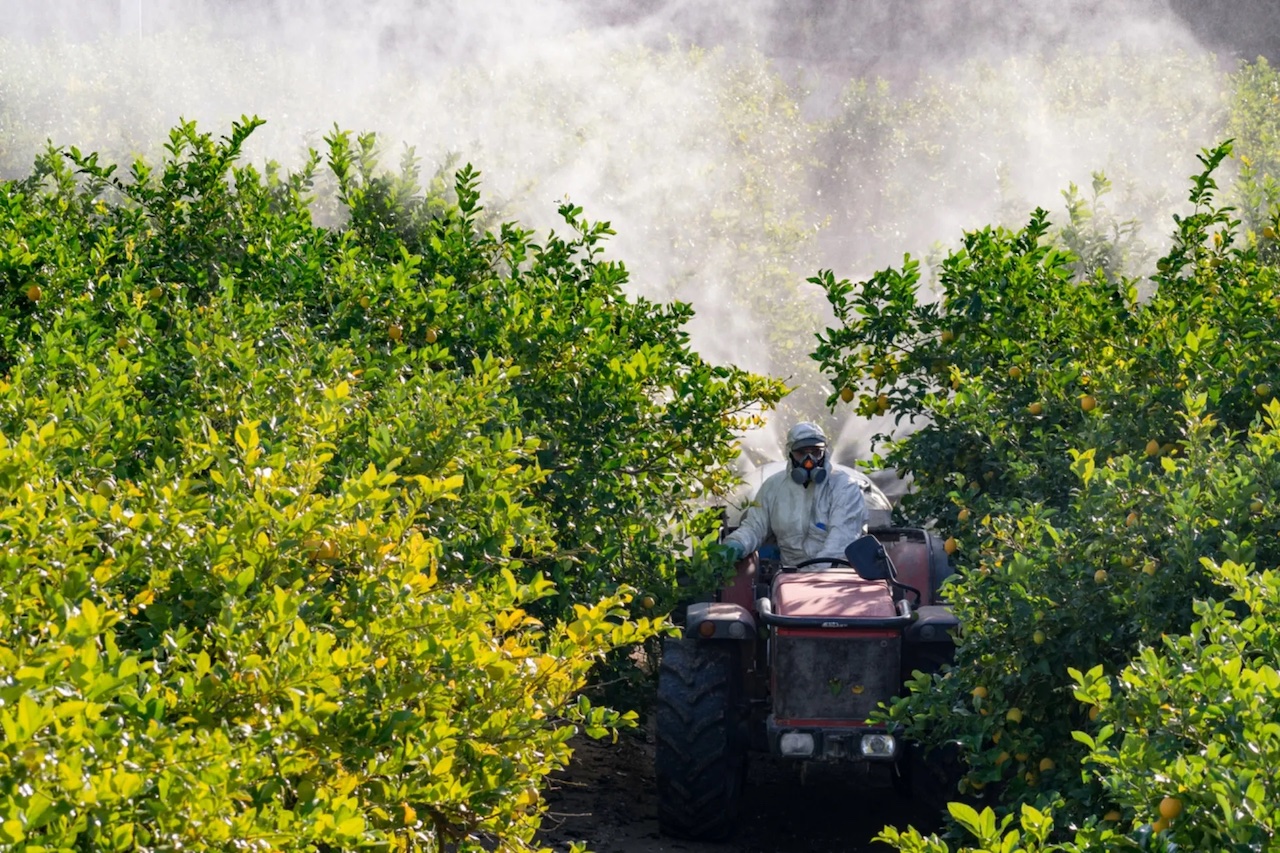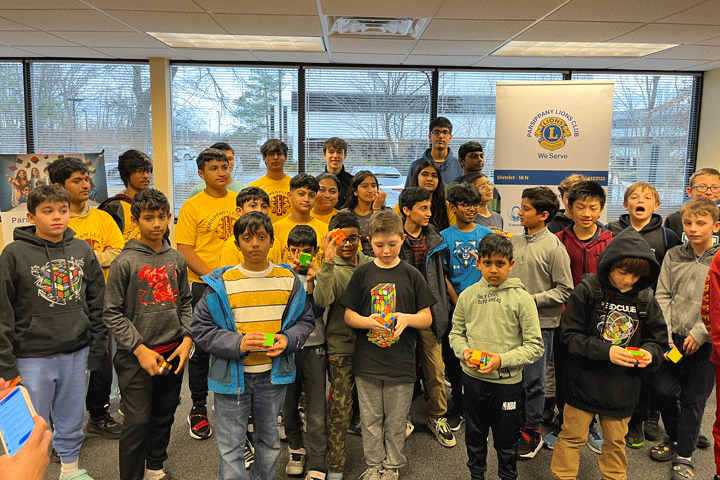“We are in the dark when it comes to legislation”

Toxic agrochemicals are threatening to wipe out important insect populations in the UK – and according to recent reporting by the Guardian, the damage is already significant.
What happens?
As the Guardian reported, researchers in this field have been urging caution for years as the insect population in Britain is declining at an alarming rate.
“The next administration must put plans in place to monitor and reduce pesticide use and toxicity before it is too late, wildlife experts say,” the newspaper wrote.
In 2023, State of Nature collected data on biodiversity in the UK and presented worrying findings, including, according to another Guardian report, a “sharp decline” in insect populations critical to ecosystem functioning – including bees, moths, ants and dragonflies.
Why is that important?
Sure, insects can be a nuisance, but don’t tell them to go away. As it turns out, insects are extremely important.
“The value of insect pollination of plants is almost incalculable,” the Smithsonian Institution explained. “… Honey bee pollination in the United States positively impacts about $20 billion a year in crop yields, including fruits, vegetables, and many nuts.”
Insects are also natural enemies of “pest species such as fire ants and mosquitoes,” as the Florida Museum of Natural History calls it, and they also serve as food for other animals.
“If insect populations continue to decline, some food webs could collapse completely,” the museum wrote.
This would harm numerous sectors of the economy – including agriculture, fisheries, food retail, tourism and healthcare – and would have worrying consequences ranging from food shortages to disease outbreaks.
Toxic pesticides are also no picnic for humans. These chemical products can “irritate skin or eyes… cause cancer… or affect the body’s hormones or endocrine systems,” the U.S. Environmental Protection Agency reported.
What is being done about it?
The pressing statistics are finally attracting the attention of British politicians, and action may follow Labour’s victory in July’s election. The party, the Guardian reports, has said it will act quickly to “remove exemptions for bee-killing pesticides”.
According to the Guardian, the previous government had announced the development of initiatives to “reduce and monitor pesticides” in 2018, but these were never implemented.
Effective documentation is essential for the new party in office.
“Without accurate data, it is impossible to properly assess the impact of pesticides,” Nick Mole, a policy officer at Pesticide Action Network UK, told the news agency. “At the moment we are in the dark when it comes to legislation.”
In addition to supporting candidates who want to reduce pollution in our environment and restore wildlife populations, there are many other ways to get involved.
Rethink how you care for your lawn by looking for innovative pest control methods, attract important pollinators with stunning, low-maintenance gardens featuring native plants, and compost your yard waste to save money on fertilizer and reduce pollution.
Subscribe to our free newsletter for cool news And cool tips that make it easy help yourself and help the planet at the same time.



